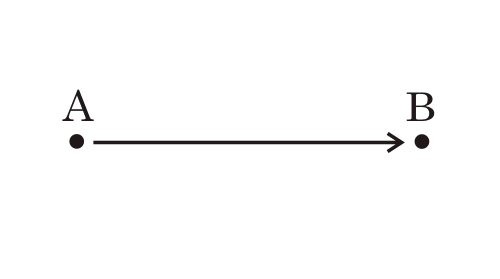|
LITR 4632: Literature of the Future  |
Student Midterms 2011: Sample Essay 2
|
 |
Katherine Fellows
24 June 2011
Creation/Apocalypse Versus Evolutionary/Alternative Narratives and Their
Effects on Visions of Future Literacy
When my parents attended primary school, both print and cursive writing
were emphasized, but by the time that I left the fifth grade, cursive was but a
faded memory in my mind. Now, as I graduate from college, educators argue
whether cursive script is relevant at all to today’s population; the more
old-fashioned often claim that cursive is necessary when providing one’s
signature, while more new-minded thinkers state that pens and paper are being
replaced by computers, anyhow. When reading this semester’s texts, then, I could
not help but notice how differently stories following different primary
narrative structure—creation/apocalypse versus evolutionary—emphasized or
deemphasized literacy in their visions of the future.
In Octavia Butler’s Parable of the
Sower, for instance, more privileged characters enjoy the benefits of
literacy. Lauren, the main character, draws from exposure to her father’s
Baptist religion and eventually creates her own religion, Earthseed, based on a
self-written text. Lauren seeks to help Amy—a young, troubled girl—improve her
personality and moral standing by enrolling her early in school:
Tonight I asked Cory if Amy could start school early. Cory doesn’t take kids
until they’re five or close to five, but she said she’d let Amy in if I would
take charge of her. […] I think, though, that if someone doesn’t help Amy now,
someday she’ll do something a lot worse than burning down her family’s garage.
In Parable of the Sower, then,
literacy is portrayed as an opportunity to improve one’s situation in life.
In Paul Di Filippo’s “Stone Lives,” however, literacy is seen as
obsolete. Cave paintings were once replaced by an alphabet, and the natural
evolution of language is for the written word to be replaced by speech. Citrine
explains to Stone,
As for reading and writing—those outmoded skills of my youth—June will assist
you in learning those if you wish. But you have machines to read to you and
transcribe your speech. (187-188)
This seems to contrast the importance of literacy depicted in
Parable of the Sower.
Parable of the Sower, a primarily
apocalyptic narrative, portrays literacy as one of the few remaining
characteristics of humanity; as people rape, assault, steal, and burn all things
and people in sight, the language Lauren uses to create Earthseed band her group
of traveling companions together and, at the end of the novel, their community
forms a strong bond that presumably carries Earthseed on past the approaching
apocalypse. Language is Lauren’s redemption.
However, in “Stone Lives,” non-apocalyptic thinking prevails. As Citrine
dies and is replaced by Stone, the written word dies and is replaced by the
spoken word. Written language is unnecessary and not missed.
I find the contrast between literary emphases interesting, then, and
particularly telling as to how our own emphasis on literacy may change in the
future. As an evolutionary thinker, I cannot help but think that the written
word will eventually become obsolete—that, somehow, we will find a more effect
method of communication. Only time will tell.
 |
 |
 |